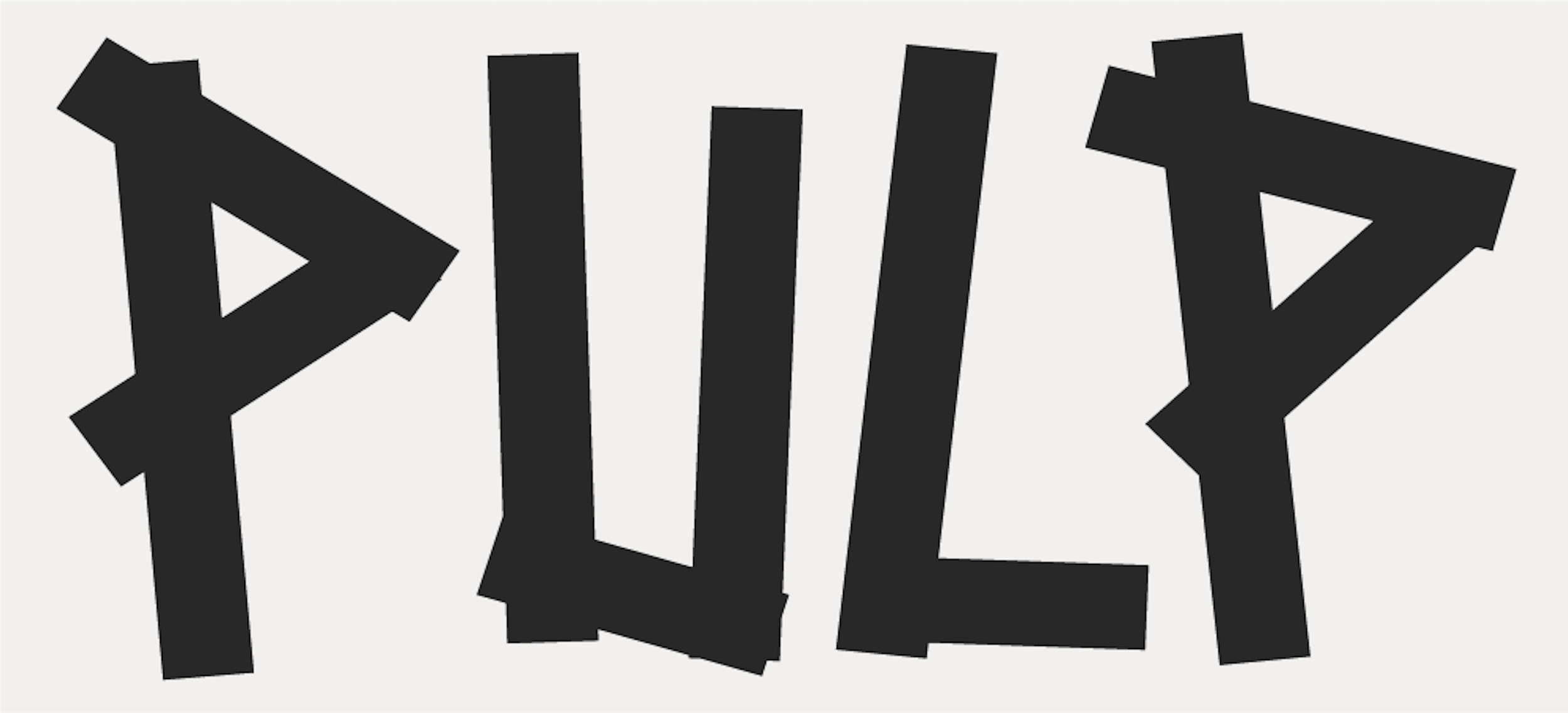Why the fuck are OLEs a thing?
Fabian Robertson opines.
OLE: three letters that, when combined in that order, collectively puzzle the fuck out of every USyd student to happen upon them.
Students enrolled in Arts, Commerce, Economics and Science degrees are required to complete 12 credit points of OLE units. They do not count towards majors and instead take up credit points that could otherwise be used on electives.
The requirements for OLEs are clear; their purpose, however, is patently not.
Ever since my enrolment at USyd in 2019, the very concept of OLEs has been an utter plague on my existence. Finding out that the silly acronym stood for ‘Open Learning Environment’ did nothing to assuage my growing confusion. While it’s plain meaning suggests a classroom with an open-topped roof, this horribly vague title is instead a cruel example of irony. Indeed, the limited and random selection of OLE units could better be described as ‘closing’ students off from elective units that they might actually wish to complete.
OLEs are PR weapons designed to augment the perceived value of spending your money at USyd. They are the brainchild of ex-Vice Chancellor Michael Spence, who claimed they would bolster the “relevance” of degrees and “employability” of USyd graduates. However, as Tim Livingstone wrote for Honi in 2019, a quick examination of units like ‘OLET1137 Australian Perspectives: Rugby League’ swiftly rebuts such claims.
Admittedly, a handful of OLE options promise to bestow some potentially valuable skills to one’s career, including ‘OLET2111 Global Ethics: Philosophy’ or ‘OLET2138 Presentation Skills: Public Speaking’. So sure, maybe there is some merit to USyd offering courses like these. But then why make them compulsory? Why mandate a seemingly random selection of OLEs in the place of electives?
The unfortunate but unsurprising reality is that OLEs, like many other USyd ‘innovations’, are in place not only as marketing tools but to maximise the cost-efficiency of degrees. Here, cost-efficiency refers to USyd’s capacity to run OLE subjects for lower costs than regular subjects, yet still charge comparatively high prices. USyd can then allocate more spending to areas such as marketing or infrastructure which may increase the institution’s competitiveness compared to other universities.
This is most obvious when examining two-credit point OLE units. Take ‘OLET1403 Student Leadership: Community Engagement’. OLET1403 is an entirely online subject with no teaching hours. Instead, students are told to simply complete a number of Canvas modules with a handful of recorded videos. Prior to the Liberals’ fee hikes, the two-credit point OLET1403 cost $464. Meanwhile, a regular six-credit point Arts subject cost $835.
OLET1403 therefore cost students $232 per credit point while an Arts subject cost $139. This price disparity is despite the fact that OLET1403 has zero teaching hours, minimal content and assessments that are frankly a joke, including one that asks students to make their own Wix.com website. And, such inflated costs are only amplified for international students.
Even six-credit point OLEs are quite obviously low-cost, especially when compared to the amount of hours that most regular electives require from highly qualified academics (who are still underpaid), both in preparation and teaching time.
Aside from WAM boosting, compulsory OLEs do absolutely fuck all to improve our degrees and lives as students. They hold less educational value than electives, cost us more money and severely limit our academic choices. Rather, they are an unfortunate symptom of USyd’s undying quest for marketability and cost-efficiency in a highly competitive university sector.
OLEs encapsulate just how little USyd management cares about its students. Mark Scott, when I interviewed him, wouldn’t stop harping on about the importance of the student experience. Well, Mark, if you actually care, abolish compulsory OLEs and give us back our fucking electives.

